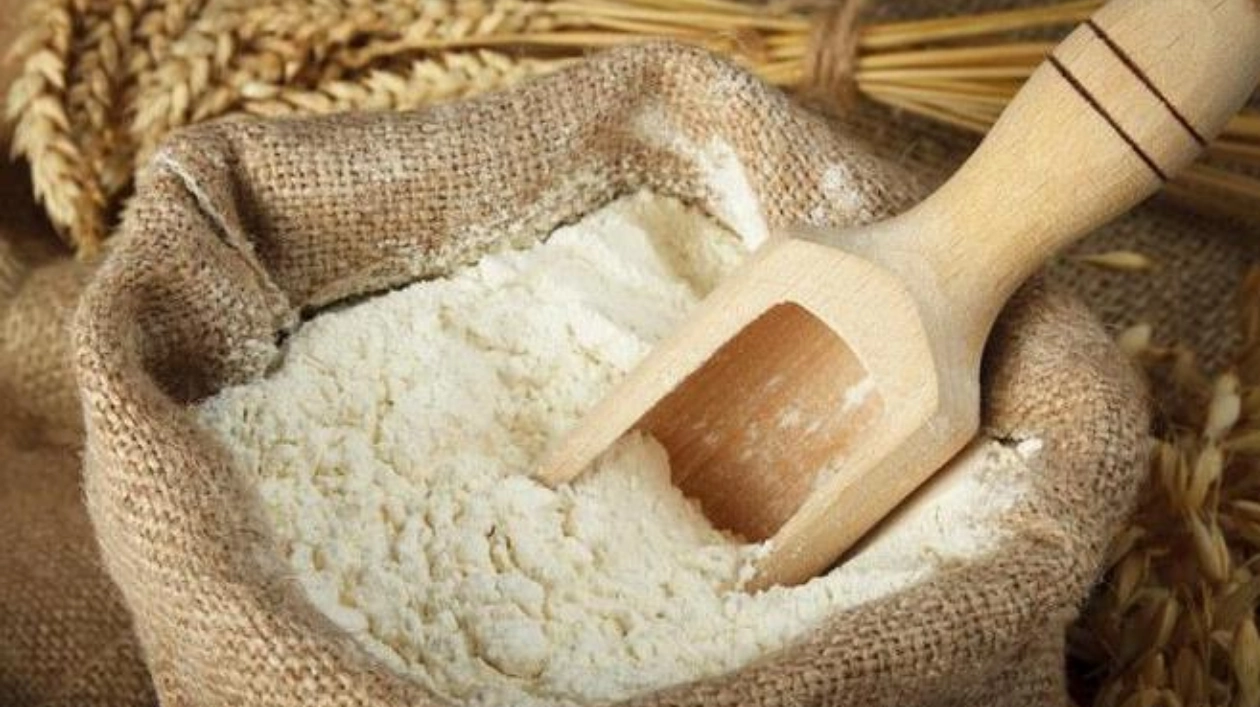JEDDAH: Saudi Arabia has green-lit a scheme permitting licensed flour mills to ship excess production to global markets, as long as domestic supply remains uncompromised.
The General Food Security Authority (GFSA) granted this approval, stipulating that mills must reimburse the full amount of wheat subsidies provided by the government for the quantities they plan to export, according to the Saudi Press Agency.
Ahmed bin Abdulaziz Al-Faris, the GFSA governor, highlighted that this move is in line with Saudi Arabia’s Vision 2030, which champions national industries and encourages competition based on superior product quality.
Under Article 14 of the Kingdom’s Wheat Flour Production Law, enacted in 2018, flour mills are forbidden from exporting wheat, flour, or related products without prior authorization from the appropriate authority. Mills are required to repay the subsidy for these export-bound products. Moreover, exports must not jeopardize the local availability of these products.
Saudi Arabia has crafted a strategic blueprint for its agricultural sector, emphasizing sustainability, food security, and the welfare of farmers, alongside economic contributions and preventive measures.
Despite its arid climate and scarce water resources, the Kingdom’s national policies tackle pivotal issues such as food and water security, sustainable agricultural growth, and ecological harmony.
These initiatives underscore Saudi Arabia’s dedication to boosting agricultural output while ensuring the prudent management of its natural resources.
In 2023, Saudi Arabia’s grain output hit 1.75 million tonnes, harvested from 323,000 hectares out of a total of 331,000 hectares sown, according to data from the General Authority for Statistics.
Wheat dominated the crop landscape, occupying 63.4 percent of the total area, with production totaling 1.314 million tonnes.
Previously known as the Saudi Grains Organization, the GFSA is instrumental in propelling economic progress and fulfilling the food requirements of Saudi citizens.
Founded in 1972, the GFSA was established as part of the government’s drive for national development. Its mandates include setting up and operating flour mills, production plants, and animal feed factories, as well as fostering complementary food industries.
The authority also oversees product marketing, grain procurement, and maintaining a sufficient reserve stock for contingencies, in alignment with the government’s agricultural policy.
Source link: https://www.arabnews.com






